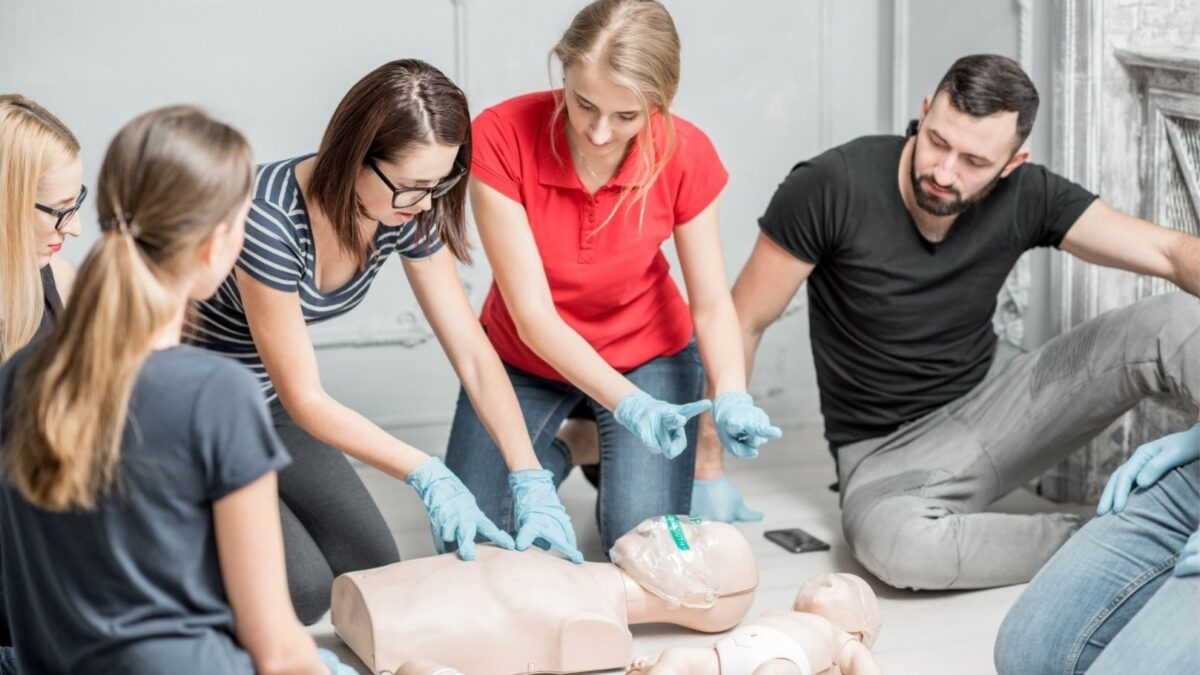
Is CPR Training Essential for Everyone? Here’s What You Need to Know
CPR (Cardiopulmonary Resuscitation) training is a critical skill that can save lives during medical emergencies. While some might think it’s only necessary for healthcare professionals, CPR training is valuable for everyone. This article explores why CPR training is essential and what you need to know about it.
The Importance of CPR Training
CPR is a life-saving procedure performed when the heart stops beating. It helps maintain vital blood flow to the brain and other organs until professional medical help arrives. The importance of CPR training extends beyond just healthcare providers.
Why Everyone Should Learn CPR
1. Immediate Response in Emergencies
Emergencies can happen anywhere and to anyone. Knowing CPR enables you to provide immediate assistance, which is crucial for survival in cases of cardiac arrest, drowning, or choking.
2. Increases Survival Rates
The American Heart Association states that immediate CPR can double or triple a cardiac arrest victim’s chances of survival. Quick action by a bystander trained in CPR can make a significant difference.
3. Empowers You to Help Loved Ones
Most cardiac arrests occur at home. Having CPR training means you are prepared to help family members or friends in critical situations, potentially saving their lives.
4. Reduces Panic in Emergencies
Knowing CPR gives you the confidence to act quickly and effectively during emergencies. This reduces panic and ensures that you can provide the necessary care until medical professionals arrive.
How to Get CPR Training
1. Choose a Reputable Training Provider
Select a well-recognized training provider that offers comprehensive CPR courses. Many organizations, including CPR training, provide quality training that covers the latest techniques and guidelines.
2. Enroll in a Course
Register for a CPR course that fits your schedule. These courses typically include both theoretical knowledge and hands-on practice to ensure you are well-prepared to perform CPR.
3. Complete the Training
Attend all sessions and participate actively in practical exercises. Most courses include a written test and practical assessment to certify your competence in CPR.
4. Maintain Your Certification
CPR guidelines and techniques can change. It’s important to renew your certification periodically to stay updated with the latest practices and ensure your skills remain sharp.
Benefits of Learning CPR
1. Preparedness
Being trained in CPR prepares you to handle emergencies confidently and effectively. This preparedness can save lives and improve outcomes for victims.
2. Community Safety
Widespread CPR training enhances community safety. Trained individuals can act as first responders, providing critical care and support in emergencies.
3. Legal Protection
Good Samaritan laws protect individuals who provide CPR in emergencies. Having formal training further supports your actions and ensures you are performing CPR correctly.
Conclusion
CPR training is not just for healthcare professionals; it is a vital skill for everyone. Learning CPR empowers you to respond effectively in emergencies, increases survival rates, and contributes to community safety. With accessible courses from providers like CPR training, there’s no reason to delay. Invest in CPR training today and be prepared to save a life.
